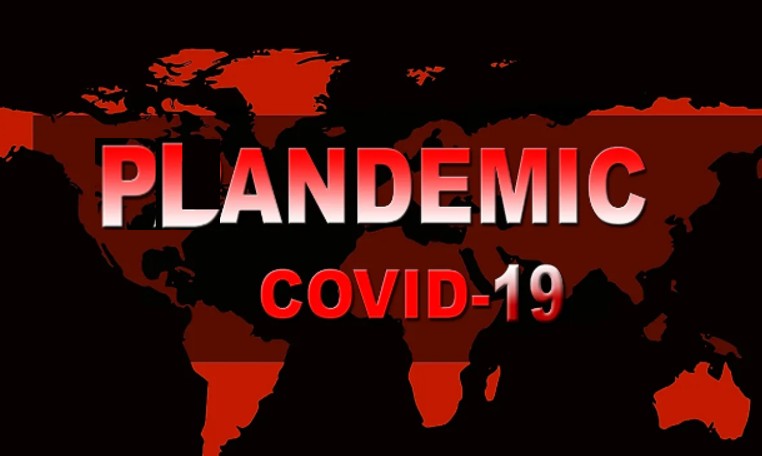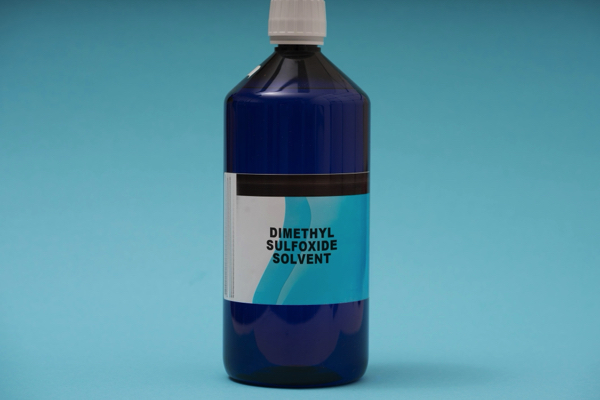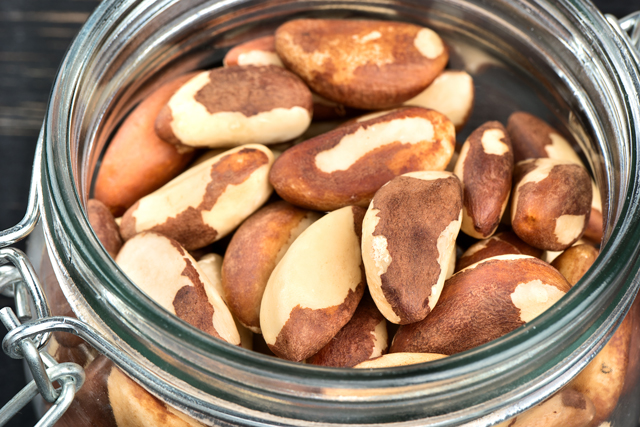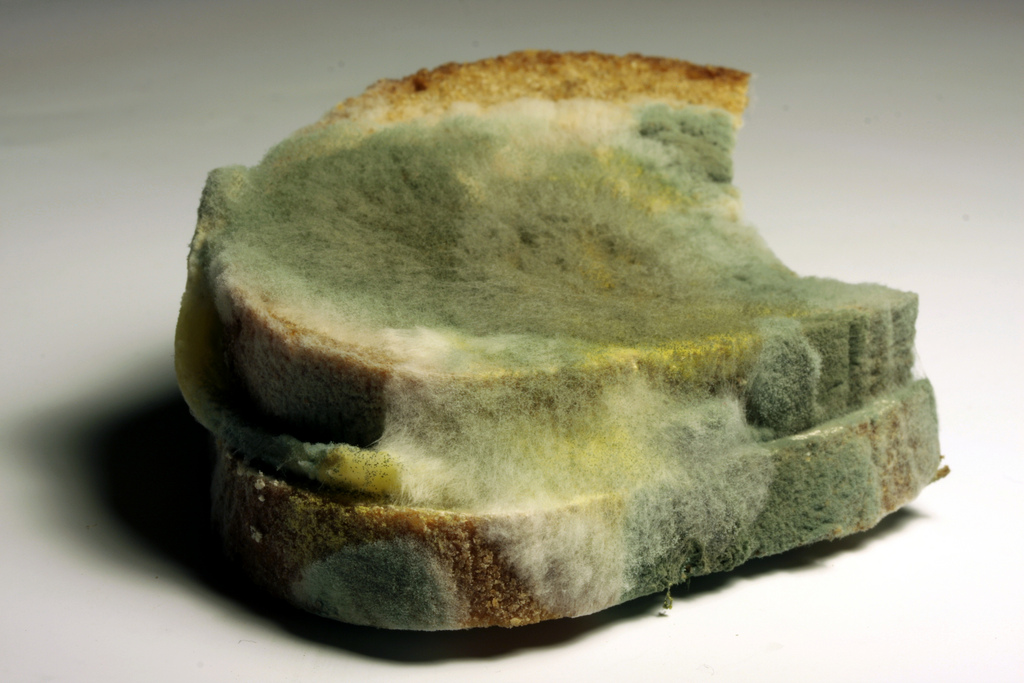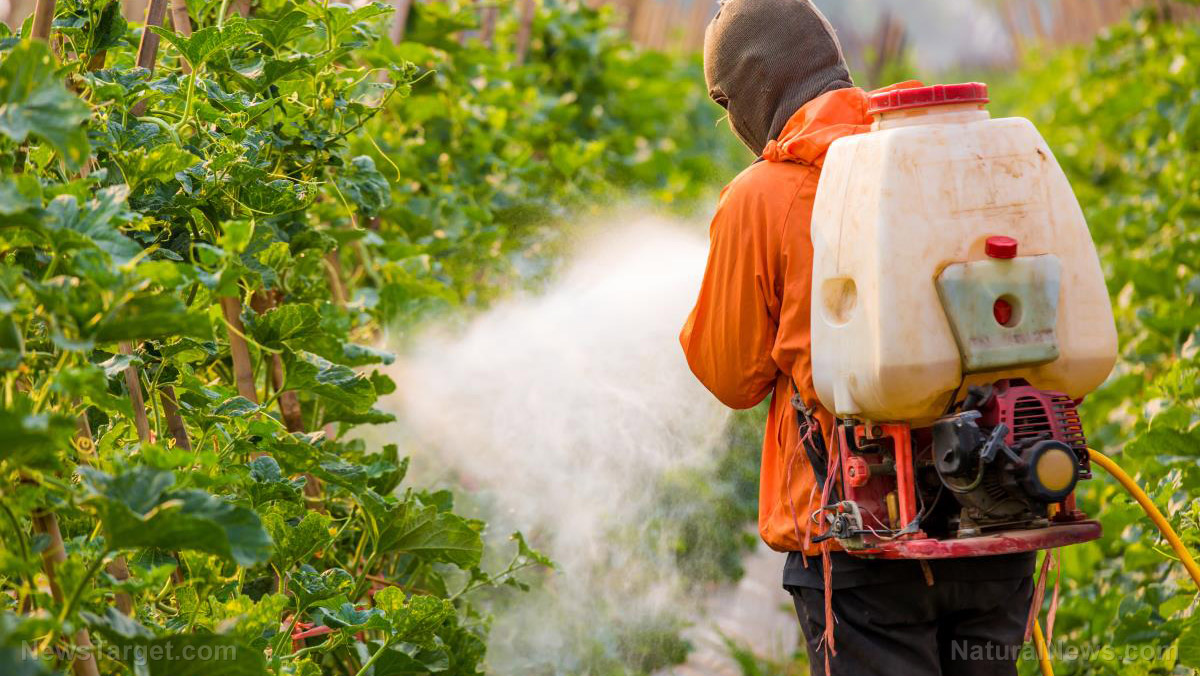Emergency medicine: Essential first aid skills for survival
06/10/2025 / By Evangelyn Rodriguez
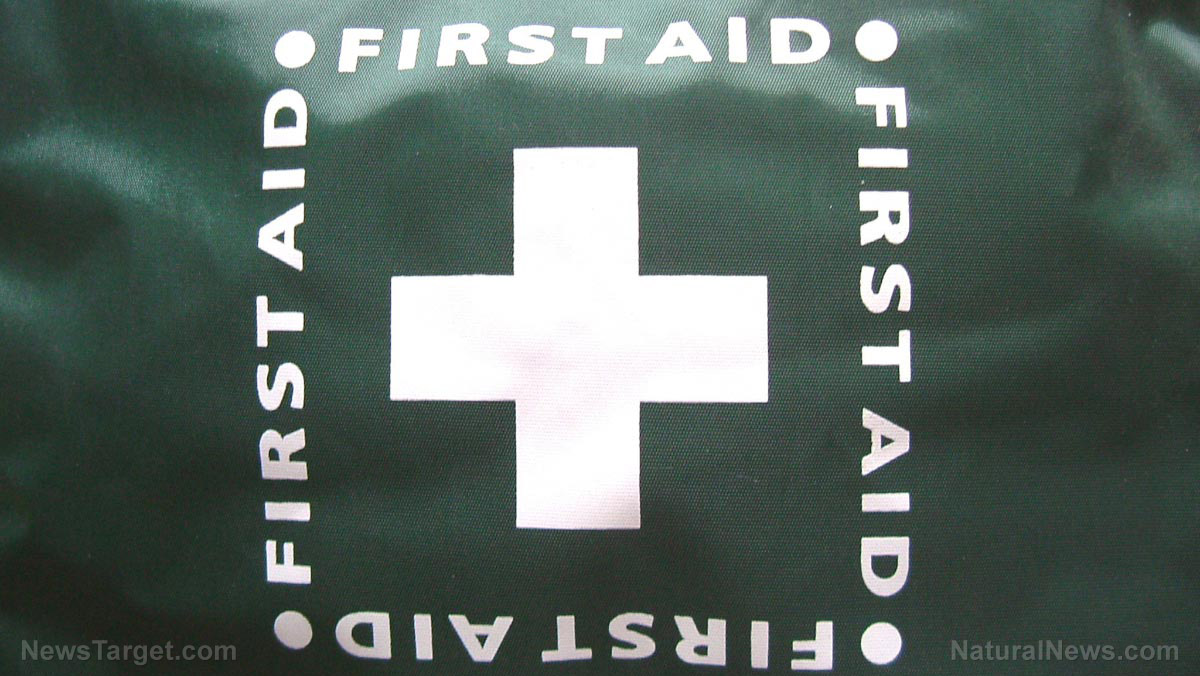
- First aid is critical – immediate action in emergencies can save lives when professional help is delayed.
- Preppers should master key first aid skills, such as giving CPR to sustain oxygen flow to vital organs and stopping severe bleeding.
- Knowing how to clean and close wounds properly is also important to prevent infections and ensure healing.
- Providing immediate care for burns helps minimize damage to the skin and surrounding tissue, relieves pain and helps prevent infection.
- Training is vital – practice regularly and take courses to stay prepared.
Accidents, injuries and medical emergencies can happen anywhere, and when professional medical help is delayed or unavailable, the ability to administer immediate aid can mean the difference between life and death. Learning essential first aid skills is no longer optional for preppers and survivalists—it’s a necessity.
From stopping severe bleeding to treating burns and performing CPR, these skills empower individuals to act decisively in emergencies. With proper training, even those without medical backgrounds can stabilize injuries, prevent complications and buy crucial time until professional help arrives.
Here are four crucial first aid skills every prepper should learn: (h/t to PreppersWill.com)
CPR: A lifesaving technique
Cardiopulmonary resuscitation (CPR) is a cornerstone of emergency response and is used when someone’s heartbeat or breathing has stopped. Whether due to cardiac arrest, drowning or trauma, immediate CPR can sustain oxygen flow to the brain and vital organs.
Key steps:
- Check responsiveness – Tap the person and shout. If unresponsive, call for help.
- Begin chest compressions – Place your hands on the center of the chest, then push hard and fast (100-120 compressions per minute).
- Provide rescue breaths – Tilt the head back, pinch the nose and deliver two breaths after every 30 compressions.
Without CPR, brain damage can occur within minutes. Regular training ensures proficiency, as techniques evolve with medical guidelines.
Controlling severe bleeding
Uncontrolled bleeding is a leading cause of preventable death in emergencies. Direct pressure, elevation and tourniquets can halt blood loss and prevent shock.
Critical actions:
- Apply firm pressure – Use a clean cloth or gauze directly on the wound.
- Elevate the injury – If possible, raise the limb above heart level.
- Use a tourniquet – If bleeding persists, apply a tourniquet (or improvised belt or cloth) above the wound and tighten until bleeding stops.
Tourniquets should be at least one inch wide to avoid tissue damage. Note the time of application — medical responders need this information.
Cleaning and closing a wound
Cleaning and closing a wound properly helps prevent infection and speeds up healing. Dirty wounds can get infected, causing complications like slow healing or scarring. (Related: 7 Herbs for wound care every prepper should know about.)
Important steps:
- Clean – First, wash your hands and gently rinse the wound with clean water or saline to remove dirt and bacteria — avoid harsh antiseptics.
- Sterilize and close – Apply an antiseptic ointment to prevent infection, then close deep or gaping wounds with adhesive strips or bandages.
- Cover – Use a sterile dressing or adhesive bandage when covering and change it daily. Watch for signs of infection (redness, swelling or pus) and seek medical help if needed.
If the wound is severe or heavily contaminated, get professional care. Keeping wounds clean and protected ensures better healing with less scarring.
Treating burns: degrees matter
Burns range from minor first-degree injuries to life-threatening third-degree damage. Proper treatment helps reduce pain, prevents infection and promotes healing.
Treatment by severity:
- First-degree (superficial) – Cool under running water for 10-20 minutes.
- Second-degree (blistering) – Cover with sterile gauze; avoid popping blisters.
- Third-degree (deep tissue damage) – Seek emergency care immediately—do not apply water or ointment.
Chemical and electrical burns require specialized care. Never use ice, butter or cotton on burns, as these can worsen the damage.
In an era of medical uncertainty, first aid skills are not just survival tools—they are acts of community resilience. Investing time in learning and practicing first aid skills could one day save a life—perhaps your own.
For those seeking training, organizations like the American Red Cross and local EMS agencies offer hands-on courses. In today’s world, preparation starts with knowing how to act when every second matters.
Find more related stories at EmergencyMedicine.news.
Learn some basic first aid procedures by watching the video below.
This video is from the Daily Videos channel on Brighteon.com.
More related stories:
First aid basics to teach your kids.
Survival first aid: Understanding the medic’s priority.
Survival first aid: Tactical combat casualty care and the MARCH military doctrine.
Sources include:
Submit a correction >>
Tagged Under:
Burns, CPR, emergency medicine, first aid, homesteading, off grid, preparedness, prepper, prepping, severe bleeding, SHTF, survival, survival medicine, survival skills, tips, wound care
This article may contain statements that reflect the opinion of the author






